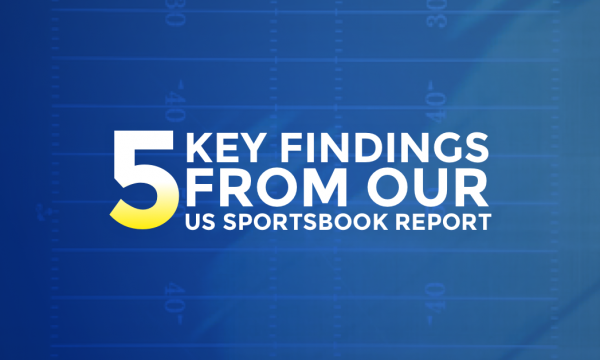When it comes to Google, it’s important to consider how important the search giant deems customer security, with over 50% of the top fifteen ranking gaming brands using a secure protocol.
Google declared in August 2014 that it would be taking HTTPS into account as a signal for ranking in its algorithm. Google was relatively clear that it would not be a major factor for search, but our analysis shows that over 50% of online gaming results in search are currently using HTTPS pages. And in some sectors, that number is even higher.
Most online users are accustomed to coming across and using HTTPS pages, a fixture on the internet, albeit usually when using ecommerce sites, logging in to pages and checking out from stores. By making it a ranking factor, Google seem to be prompting the wider use of HTTPS.
A rise in secure results
At the time of Google’s announcement, we found that a tad under 16% of the top 15 gaming sector search results were using the HTTPS protocol. This was notably more than the average in the other sectors we looked at (5.52%), but still not a particularly significant proportion of results. Download our guide at www.stickyeyes.com/egr to read more about this.
Since Google’s statement, however, there’s been a large increase in HTTPS search results in the top 15.

From August 2015’s 15.94%, there’s a jump by October of the same year to 37.35%. By the close of 2016 that’s in excess of 50%. The increase is largely attributable to individual verticals – almost three quarters of pages in the top bingo search results are utilising a HTTPS protocol.

Just two months after Google’s announcement, the bingo vertical had seen a rise in HTTPS usage for the top 15 search results from 25.19% to 62.44%. As of February 2017, that had risen further to 72.35%. It clearly benefits these brands.
There were rises across the rest of the gaming sector, albeit of a less dramatic nature. Casino has broken the 50% barrier, whereas both poker (48.8%) and sports betting (46.4%) are pushing towards that mark .
How big a deal is HTTPS for ranking?
Digging deeper into this, we can see that there’s a smaller proportion of HTTPS pages in verticals that have a higher page volume and bigger, deeper websites. Sports betting, for instance, usually entails pages for each individual sport, often individual events, and unique content for each of these. As these indexed URL’s have a short lifespan, they tend not to be behind a HTTPS prefix.
By way of contrast, casino and bingo sites tend not to have that depth of content and such a large number of URL’s, sitting on static pages that give Google a smaller number of pages to index.
Due to the mysteries of the algorithm, it’s impossible to attribute these changes purely to Google’s tweaks. It may also be that the top domains in this sector have simply moved to the HTTPS prefix. However, our analysis suggests that the changes we’ve seen are a combination of the two, and that gaming companies that aren’t making the shift to HTTPS are very probably missing a trick.



